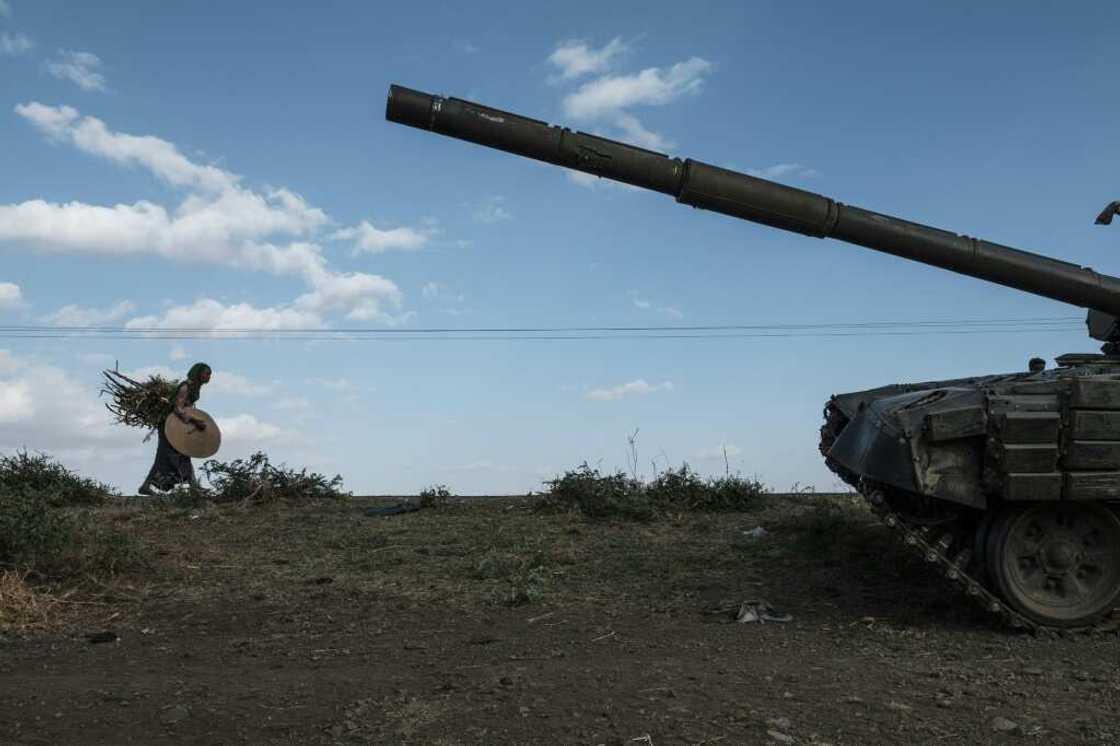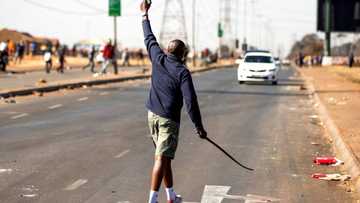Watchdog reports 'extreme brutality' in Ethiopia conflicts

Source: AFP
Ethiopians have been subjected to "extreme brutality and cruelty" by government forces and rebel groups active in violent conflicts across the country, a state-affiliated independent human rights watchdog said Friday.
The Ethiopian Human Rights Commission said its latest report documented violations including widespread murder and ethnic and sexual violence in the 12 months to June across Africa's second-most populous nation.
"The report details a number of grave human rights violations committed both by state and non-state actors... carried out in extreme brutality and cruelty," said chief commissioner Daniel Bekele, a former adviser with Amnesty International.
In the first annual summary of abuses in Ethiopia since Bekele's appointment by parliament in 2019, the commission reported that women, children, the elderly and people with disability were not spared.
In addition to abuses by government forces, he said non-state actors in conflict zones were also responsible for serious atrocities, including ethnic and religiously motivated killings, looting, the destruction of property and forced displacement.
Ethiopia faces instability in several regions, notably Tigray where government forces and their allies have been mired in bloody conflict with the Tigray People's Liberation Front (TPLF) rebel group since November 2020.
PAY ATTENTION: Subscribe to Digital Talk newsletter to receive must-know business stories and succeed BIG!
A violent rebellion also simmers in Oromia, the country's largest and most populous region, where hundreds of mainly Amhara civilians were massacred by gunmen in recent weeks.
All parties to the conflict in Tigray were responsible for "serious international human rights and humanitarian law violations" including cruel, inhumane and degrading treatment against civilians and prisoners, Bekele said.
The commission also detailed instances of detainees being subject to unlawful treatment including extended pre-trial detention and beatings, some in police stations and unofficial holding centres.
Some continued to be detained in violation of court orders for their release on bail or innocence of charges.
Bekele said a state of emergency imposed across Ethiopia between November and February was marked by a significant spike in arbitrary arrests and illegal detentions.
He said the authorities had taken some "encouraging" steps towards accountability for the over-reach during this period.
"But it is probably not happening at the speed and transparency and efficiency we would like to see it happening," he said.
The detention of reporters and other press workers for violations of the country's media law was also very concerning, EHRC deputy chief commissioner Rakeb Messele told AFP.
There had been "positive developments" undertaken by government authorities toward improving rights but without political solutions to conflict the fear was abuses would continue, she said.
Source: AFP




